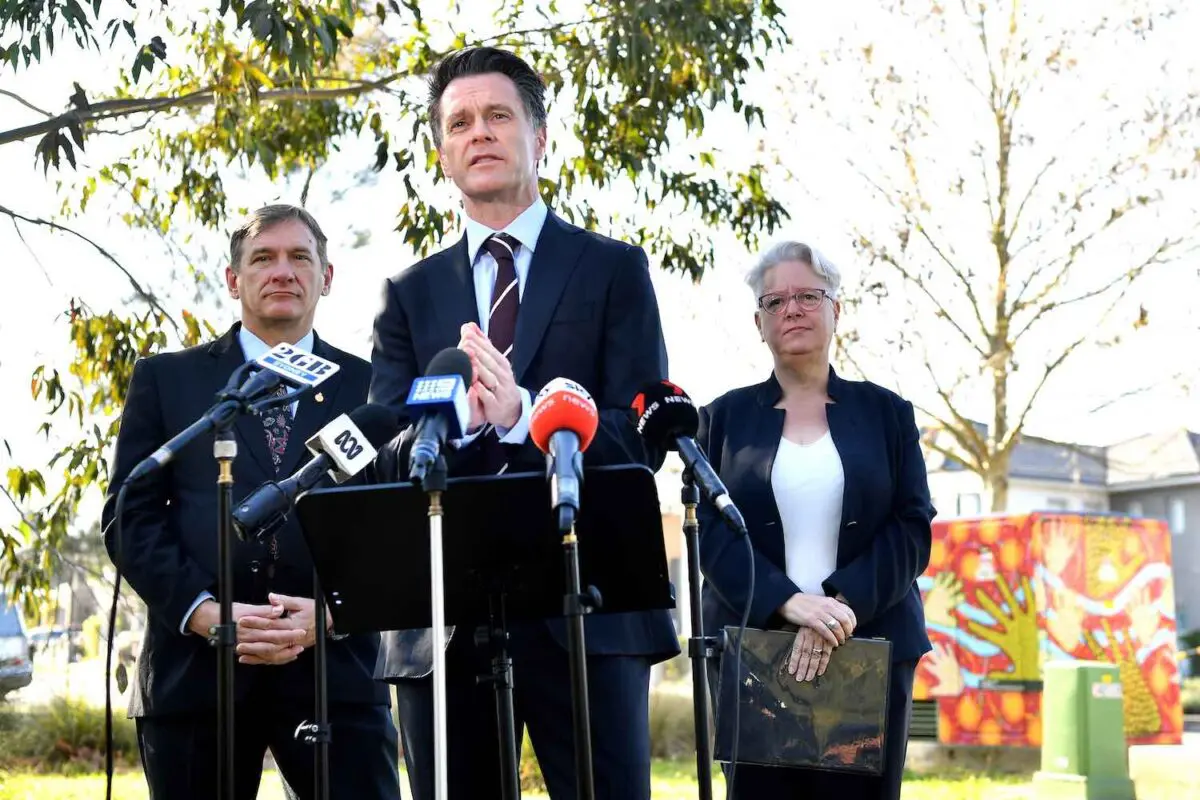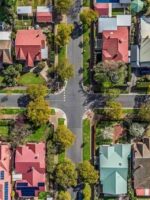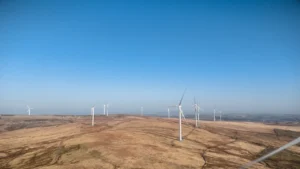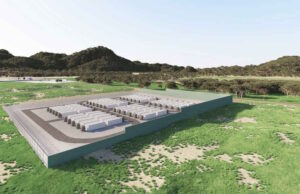New South Wales Labor has announced it will enshrine the state’s emissions reduction targets in law, including a 2030 target of “at least” 50 per cent and net zero by 2050.
The Minns government says the Climate Change (Net Zero Future) Bill 2023 commits the state to these targets “to provide certainty and opportunity” to households, industry and investors.
The new legislation, which delivers on an election promise, will also establish an independent Net Zero Commission to monitor the state’s progress to net zero, including through annual reports to ensure parliamentary transparency and accountability.
The new Commission would also liaise with regional communities to ensure climate action is “informed, fair and transparent,” the government said on Thursday.
“Enshrining targets in law shows the NSW Labor government is serious about reaping the benefits of driving down emissions and moving to more affordable, renewable energy,” said NSW premier Chris Minns in a statement.
“NSW is driving down emissions while putting downward pressure on power bills.”
The state’s energy and climate minister Penny Sharpe said the laws would serve as a “down payment” on securing the future for the people of NSW.
“Climate change is already costing NSW through more frequent and more extreme weather events, droughts, floods and other disasters,” Sharpe said on Thursday.
“Legislating 2030 and 2050 targets and creating an independent Net Zero Commission fulfils a commitment to the people of NSW that the government will take action to reduce greenhouse gas emissions and continue the renewable transformation of our energy system.”
The move to enshrine climate targets in the law has been welcomed across the board as a sign the relatively new state government is – as the Greens put it – “taking serious and legislative change to limit emissions and slow climate change.”
But as the Greens also noted on Thursday, net-zero emissions by 2050 is no longer considered an ambitious or near-term enough target to align the state with the Paris climate goals of limiting global warming to 1.5°C or below.
A broad range of global climate authorities and experts are now calling for net-zero emissions targets to be fast-tracked to 2035 and even as early as 2030, to retain any hope of keeping dangerous climate change at bay.
Among them, the Australian Academy of Technological Sciences and Engineering last month called for Australia to get to net zero 15 years quicker than its current federally legislated goal of 2050 to be more consistent with a 1.5℃ trajectory.
“The Paris Agreement requires that member states increase their targets to reach net-zero every five years,” a statement from Greens climate spokesperson Sue Higginson said.
“The Australian government will have to up their target of net-zero by 2050 when the next five year review is conducted in 2026 and the legislated target of net zero by 2050 in NSW will then be out of date and will need to be set again.”
Others, like the Nature Conservation Council of New South Wales (NCC), point out that legislated targets are rather pointless if the government intervenes to keep Eraring, one of Australia’s most polluting coal plants, open longer.
“The Minns government can’t prop up the largest coal plant in the country without seriously undermining its climate agenda,” the NCC CEO Jacqui Mumford said on Thursday.
“The science is very clear on what needs to happen to meet this responsibility – we need to reduce emissions across every sector of the economy.”
“If the NSW government is serious about achieving these targets, we hope to see immediate action taken to ensure we can close coal-fired power station Eraring on schedule,” added Nexa Advisory CEO Stephanie Bashir.
“If we take action now to accelerate the current build rate of renewable generation, storage, and transmission we will get the job of the clean energy transition done on time and leave energy users and the nation much better off in coming years.”
The Saul Griffith co-founded Rewiring Australia, meanwhile, has taken the opportunity of the new legislative commitment to call for greater policy focus on household electrification.
“Electrification is the rapid, cost-effective and proven path to significantly cut emissions while permanently slashing energy bills,” said Rewiring Australia executive director Dan Cass.
In particular, Cass says the promised independent Net Zero Commission should provide should provide “steady long term vision” to guide policy-making beyond the limitations of the electoral cycle – including comprehensive plans for household electrification.
“The energy market we have right now was designed for heavily polluting coal and gas,” Cass said on Thursday.
“The Commission must drive a new framework that empowers households and businesses and industry to generate, store, and share clean electricity.
“We also need enhanced investment in community level infrastructure such as batteries, EV chargers and network upgrades.
“As we brace for more extreme and dangerous weather, the cost of inaction grows. The world cannot avoid climate disaster if the coal and gas industry keeps expanding. A credible independent commission must include in its reporting all the emissions that NSW enables through its exports and so called ‘scope 3’ emissions.”








